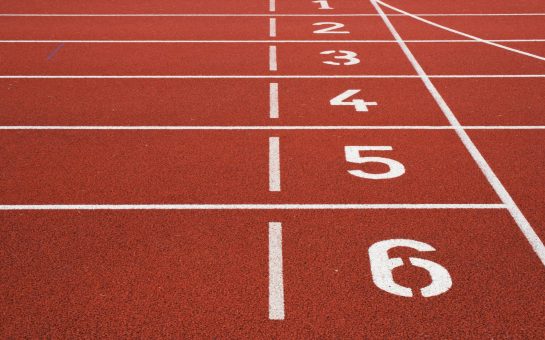Suffering long-term or career-ending sports injuries can impact people from both a physical and mental perspective, but what are the extent of the effects?
Across the whole of sport, from grassroots all the way up to the professional level, injuries unfortunately occur on a regular basis.
Here are some experiences from people who have sustained a significant sports injury which had a major impact on their physical and mental health.
Richard Lee
Richard Lee played football professionally as a goalkeeper for teams including Watford and Brentford, but had to retire from the sport prematurely at the age of 32 after sustaining a ruptured supraspinatus in his right shoulder.
The injury kept him out for seven months but eventually became career-ending, after having a detrimental impact on his role as a goalkeeper, making it difficult to dive fully to his right without experiencing pain.
Richard found the injury tough to deal with on an emotional level, especially in terms of what it meant for his career prospects.
He said: “It was difficult for the fact that you always felt like you were taking one step forward, two steps back.
“It was tough, certainly during that time because you have got the fears as to what that might look like career wise, the next step and the possibility of retiring, so it was the worry that comes with the unknown.
“It was difficult, I certainly lost enjoyment. I couldn’t perform to my best and I experienced pain daily.
“Even to this day now I have issues with it and still have to keep on top of it.”
Richard’s career path has now taken him into football agency, where he mentors promising goalkeepers making their way in the game.
Roy Meadows
Roy Meadows spent over 25 years as an ice hockey player, which included playing for Richmond Flyers, in the British Hockey League.
Things took a turn for the worse when he was left unable to play the sport for eight months after suffering a dislocated shoulder and had to undergo multiple shoulder reconstructions.
Due to the nature of his injury, it reduced him to playing a different role in the team when he returned, which led to him losing confidence and having self-doubts.
Roy said: “It was very depressing and it lowered my belief in my ability.
“It made me play a less physical role, which was a key part of my game and generally, made me more reluctant to go into checks.”
As a result of the injury having a significant part to play in the downfall of Roy’s performance levels, his enjoyment of the sport began to dwindle and he has not been involved in ice hockey for approaching ten years and instead, is enjoying a new career as a personal trainer.
Andy Duncombe
Former rugby union player for Harlequins Andy Duncombe suffered fractures to his skull, face and both left side limbs which resulted in four months in hospital and put an end to his playing career.
Although he found being hospitalised for that duration of time challenging, Andy coped reasonably well mentally during his recovery.
He said: “It was really tough for both me and my girlfriend, but I was upbeat about my injuries and believed a positive mental attitude was key to the acceleration of my recovery.”
However, the multiple injuries Andy sustained meant it was difficult to return to rugby from a playing principle so he moved into coaching, earning a position at Richmond Rugby.





